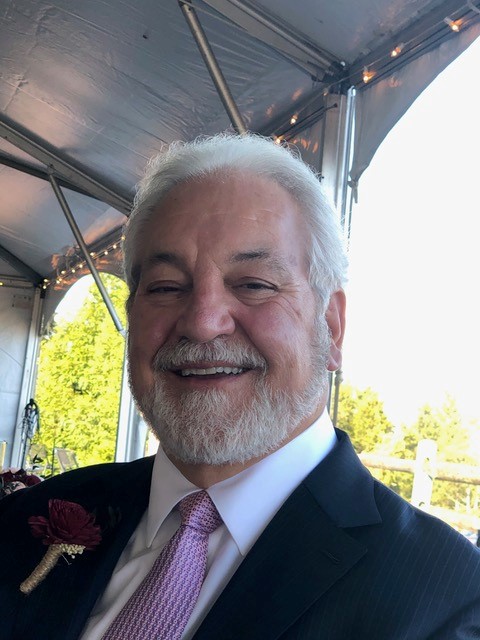CERL Advisory Council member George W. Croner discussed what the conviction of Wikileaks founder Julian Assange for violating the Espionage Act means for the future of national security, freedom of the press, and the rights and responsibilities of the media, in an episode of the Overheard podcast hosted by Philip Wasielewski of the Foreign Policy Research Institute.
George W. Croner was the principal litigation counsel in the Office of General Counsel at the National Security Agency (NSA). He is a senior fellow at the Foreign Policy Research Institute (FPRI) in its national security program and a member of CERL’s Advisory Council. You can follow him on Twitter (@GeorgeCroner) and find a list of his publications at FPRI.org. Read his full bio here.
The views expressed here are the author’s own and do not necessarily represent those of any organization or university.






